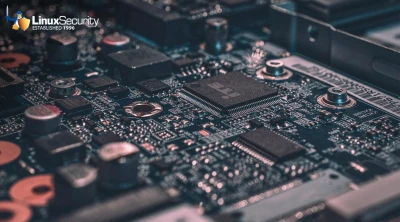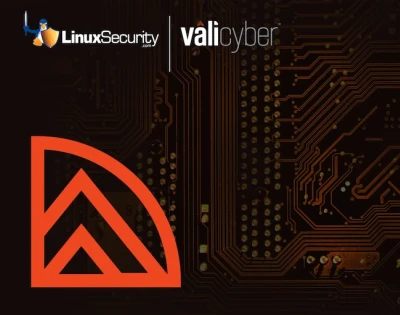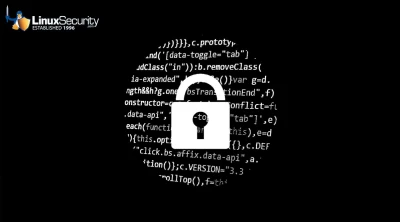Are you looking to better understand current security trends, technologies, and policies that are set to shape the next five years of security software and the ever-evolving landscape of open-source security? I know I'm fascinated with the direction this dynamic industry is heading. We recently spoke with two leading Linux security experts to go deep into this and provide invaluable Linux security advice you won't get elsewhere.
Linux vulnerabilities and navigating software scalability with Linux are also topics we explore this week.
Found this newsletter helpful? Please pay it forward and share it with a fellow security geek! We also welcome feedback on how we could improve our newsletters. If you have any comments or thoughts, please share them with us.
Hope you enjoy!
Yours in Open Source,

Navigating Software Scalability: A Practical Guide to Building Scalable Systems with Linux
This guide will walk you through the practical strategies and techniques you need to build scalable software to handle growth and keep users happy. We cover scaling concepts, planning, design, testing, and management. And we examine how Linux provides the perfect flexible and stable platform for scalable applications. |
Unlocking the Secrets of Linux Security: An Expert Analysis
|
Linux Vulnerabilities: The Poison & The Antidote
Thirty years after Linux's inception, what started as a hobby for Linus Torvalds is now one of the most powerful operating systems, powering billions of devices worldwide. However, with great power comes even greater responsibilities, and Linux is no exception to this rule. As the backbone to a multitude of servers, workstations, kiosks, and other front-line devices throughout the globe, it is imperative for organizations to keep their Linux environments secure and up and running at all times by ensuring that they are protected from vulnerabilities leading to potential downtime and compromise. |














 In this article, we cover a wide range of topics, including
In this article, we cover a wide range of topics, including 
